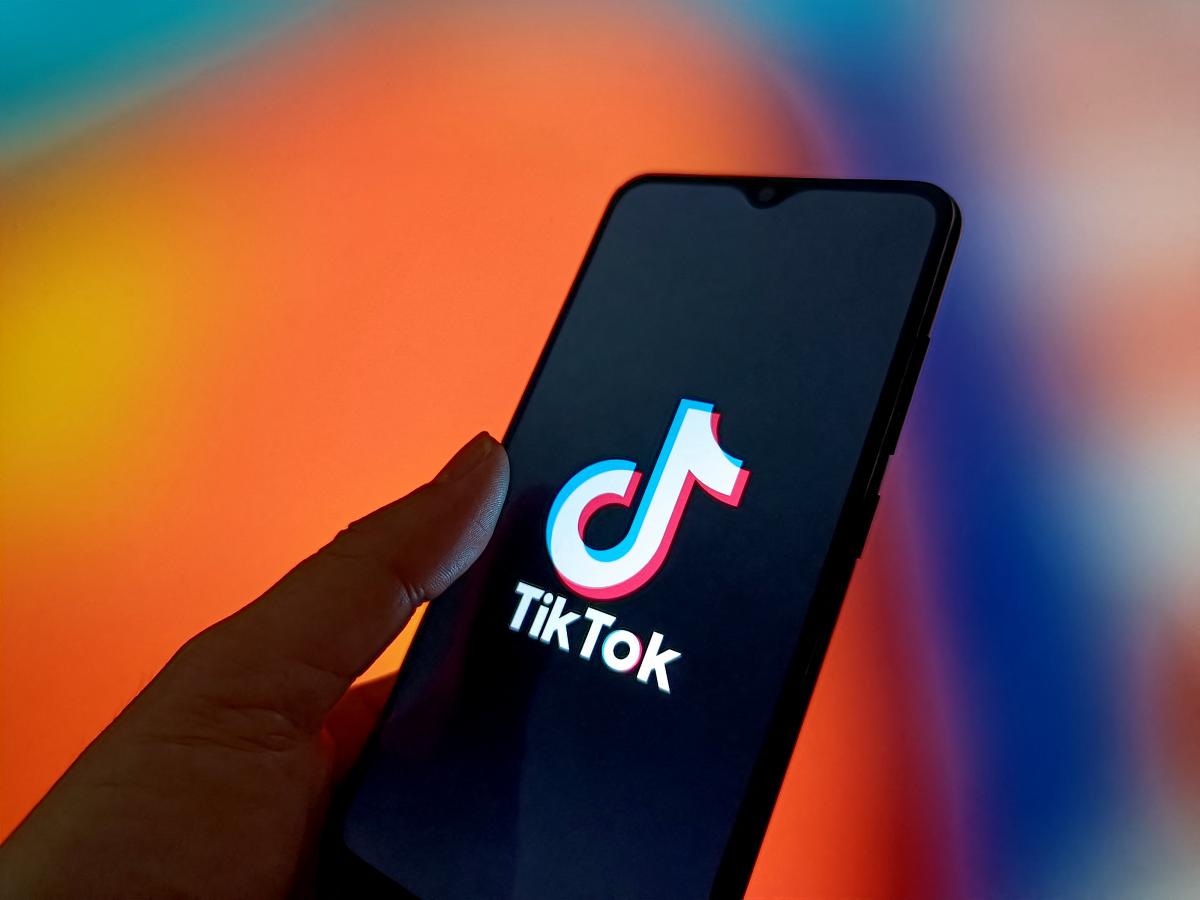Since Lebanon’s financial collapse in 2019—followed by the COVID-19 pandemic that reshaped daily life—Lebanese citizens have been forced to adapt to new realities, working, studying, and even entertaining themselves from within their homes. In this context, live-streaming platforms, particularly TikTok, emerged as an extraordinary opportunity for thousands of young Lebanese to work remotely and earn “fresh” U.S. dollars amid an unprecedented economic meltdown.
TikTok: From Entertainment to source of income
With the minimum wage plummeting to around $312 per month (and most salaries barely exceeding $800), TikTok has become a survival tool for many Lebanese youth. Through live streaming, users showcase their talents—singing, painting, playing instruments, even fortune-telling—and receive virtual gifts that can be converted into real money.
Lebanon counts around 3.9 million TikTok users, a striking figure for such a small country. It underscores how the platform has evolved beyond entertainment into a social and economic space.
The Payout Crisis: Creators in Limbo
Recently, however, TikTokers were stunned by an unofficial decision: the suspension of payouts via PayPal. This effectively trapped their earnings in digital wallets, with no way to transfer them into bank accounts or use them. The move has been linked to Lebanon’s inclusion on the “grey list,” which imposed restrictions on international money transfers, including those tied to online platforms.
Between the Shadow Economy and Money Laundering
Dr. Wissam Khoury, an expert in digital economy, explains:
“Platforms like TikTok created an informal income for many Lebanese after the currency collapse. But weak oversight turned it into fertile ground for suspicious practices such as money laundering, prompting a preemptive freeze on transfers. The problem is that the decision made no distinction between genuine content creators and those exploiting the platform in unethical ways.”
According to press reports, investigations revealed that some “funders” were channeling large sums into live streams through virtual gifts, only to reclaim part of the money later from the streamer—an apparent laundering technique.
Between Values and Profit: Content Without Substance
While many Lebanese creators genuinely produce valuable, innovative content and deserve their earnings, a darker side of the platform has flourished:
- Shallow content with little or no value.
- Humiliating or repulsive behavior aimed at attracting gifts.
- Sexual suggestions and blatant visual exploitation.
- Coded prostitution and harassment.
- The participation of children as viewers in unsafe online environments.
Ban or Band-Aid?
Public opinion is divided over the suspension of transfers:
- Critics call it unfair, arguing that it deprives thousands of young Lebanese of a crucial income stream at a time when stable jobs are scarce.
- Supporters say it is necessary to rein in the chaos, curb dangerous practices, and shield minors from inappropriate content.
- With no clear alternatives, some users have resorted to registering their accounts abroad in an attempt to bypass the restrictions.
What Future for Lebanon’s TikTokers?
Whether seen as a legitimate work opportunity or a space that commodifies appearances and entrenches shallow values, TikTok has undeniably become an economic arena in Lebanon. Yet any economy tainted by illegal or unethical practices risks losing legitimacy and sustainability.
In the absence of a clear regulatory vision and concrete efforts to establish ethical and legal standards for online content, creators remain trapped between the hammer and the anvil: the hammer of financial need and the anvil of banned or debased content.
Please post your comments on:
[email protected]
 Politics
Politics













